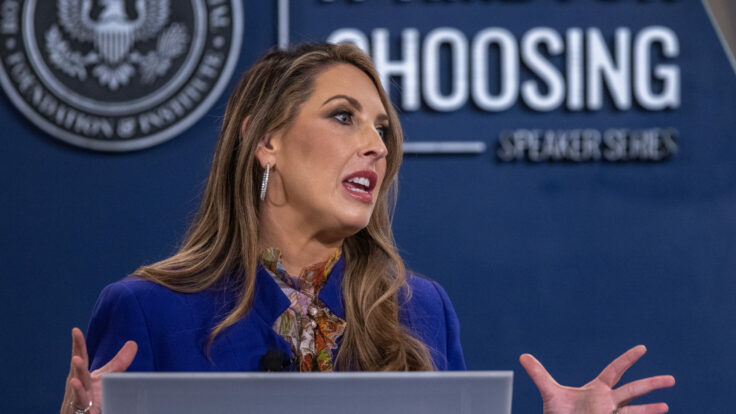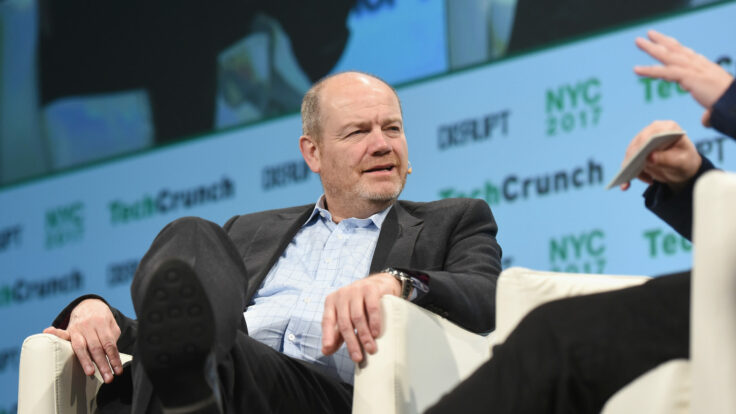On Thursday, as TikTok C.E.O. Shou Chew gamely withstood a drubbing from Republican and Democratic lawmakers alike—with communications support from SKDK; reviews were mixed—a consensus emerged among some observers that the pressure on the Chinese-owned company was a boon to Meta, Google, Snap and other U.S. social media firms that saw their stock tick upward over the course of the hearing. The all-too-obvious reasoning here is that, in the event of a ban on TikTok, or a forced sale, or some other force majeure-ish event, its some 150 million U.S. users will return to, or spend more time on, apps like Instagram and Snapchat that have lost market share—and, frankly, Gen-Z cachet—to ByteDance’s juggernaut.
The true implications of U.S. pressure on TikTok are, of course, far more complicated, not least because the most likely outcome here is not a ban but a forced divestiture. In any event, most Silicon Valley executives that I speak with don’t see this as a zero-sum game. In the longer term, the pressure on TikTok has merely reignited larger concerns about data privacy and Washington’s ineptitude when it comes to regulating U.S. firms. And the deep-pocketed donors who oppose tech giants, and hold sway in Democratic circles, will likely exert more pressure to make sure that TikTok’s loss doesn’t result in Meta or Google’s win.

















